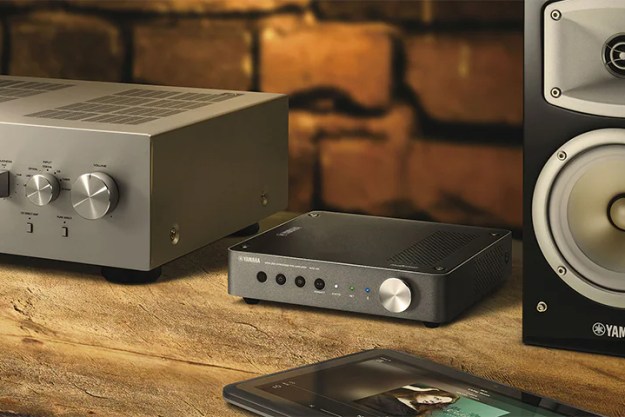Amazon Music Unlimited subscribers now have another reason to stick with the streaming music service: Amazon has just made its Amazon Music HD streaming tier free for all existing Amazon Music Unlimited subscribers.
The news comes on the same day that Apple announced it will be adding support for Dolby Atmos and lossless audio on Apple Music for no extra charge.
New and existing subscribers to the Amazon Music Unlimited Individual Plan ($8 per month for Prime members and $10 per month for Amazon customers) or the Family Plan ($15 per month) can now upgrade to Amazon Music HD at no extra cost.
Amazon Music HD has a catalog of more than 70 million lossless, CD-quality songs, with a bit depth of 16 bits and a sample rate of 44.1kHz.
However, there are also more than 7 million songs available in better-than-CD-quality hi-res audio at a bit depth of 24 bits and a sample rate up to 192 kHz. Amazon Music HD has added more than 5 million songs to its hi-res catalog since its 2019 launch. Amazon claims this is the largest available selection of music in the hi-res format.
Amazon Music HD also provides a growing selection of tracks in 3D Audio formats such as Dolby Atmos Music and Sony 360 Reality Audio. Currently, Dolby Atmos tracks can only be streamed on Amazon’s own Echo Studio smart speaker. Meanwhile, Sony 360RA tracks will also work on Sony’s RA5000 and RA3000 speakers by using Alexa Cast.
The Amazon Music HD tier was previously an additional $5 a month for current subscribers to the Individual or Family Plan. For current subscribers to Amazon Music HD, there will be no extra charge for HD starting with their next billing cycle.
Editors' Recommendations
- What is Qobuz? Music, features, and pricing explained
- Amazon Music follows Spotify’s lead with Maestro, an AI-based playlist creator
- Next-gen wireless headphones will get lossless hi-res audio with a little help from Qualcomm
- What is Amazon Music: everything you need to know
- How much is Apple Music, and how can you get it for free?



